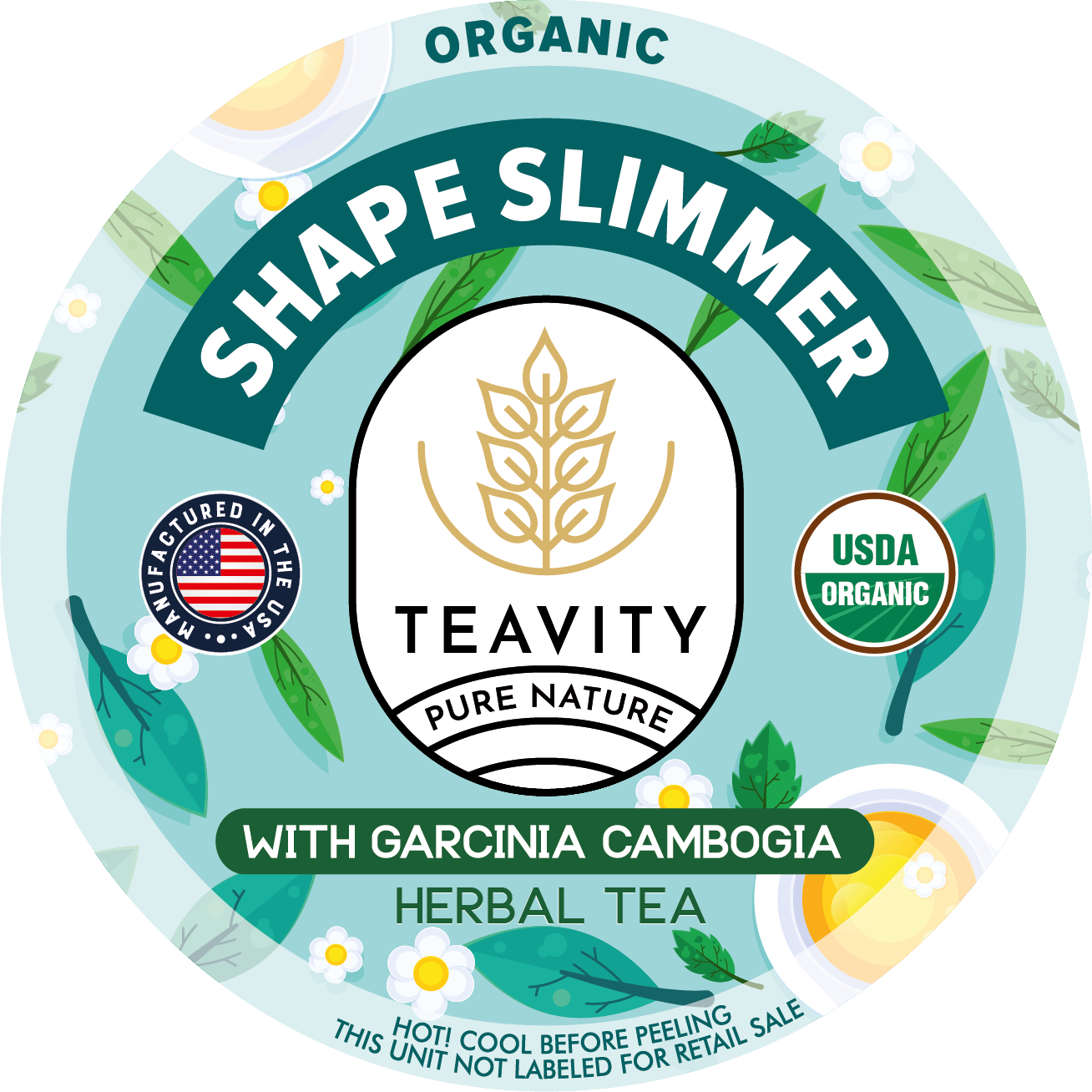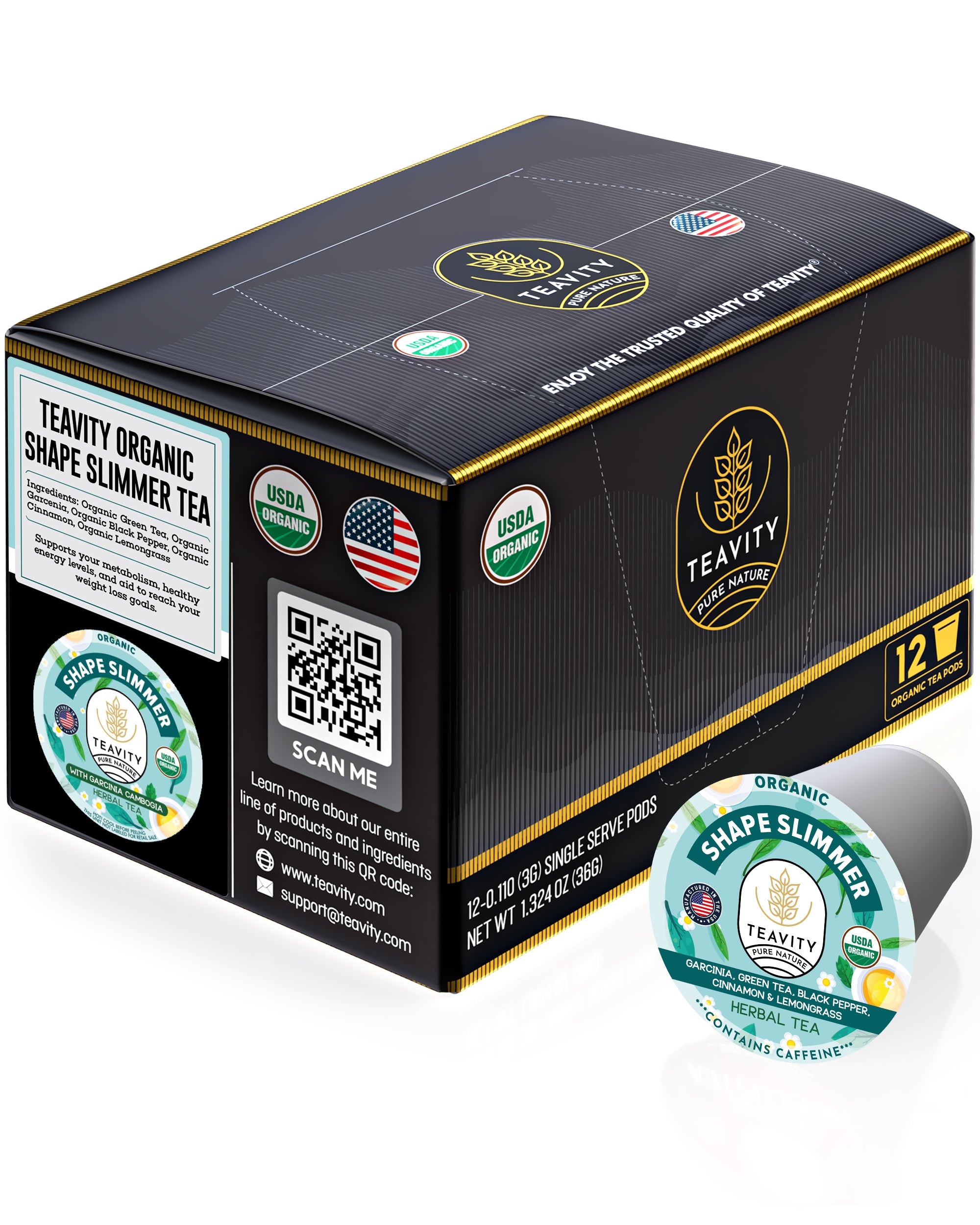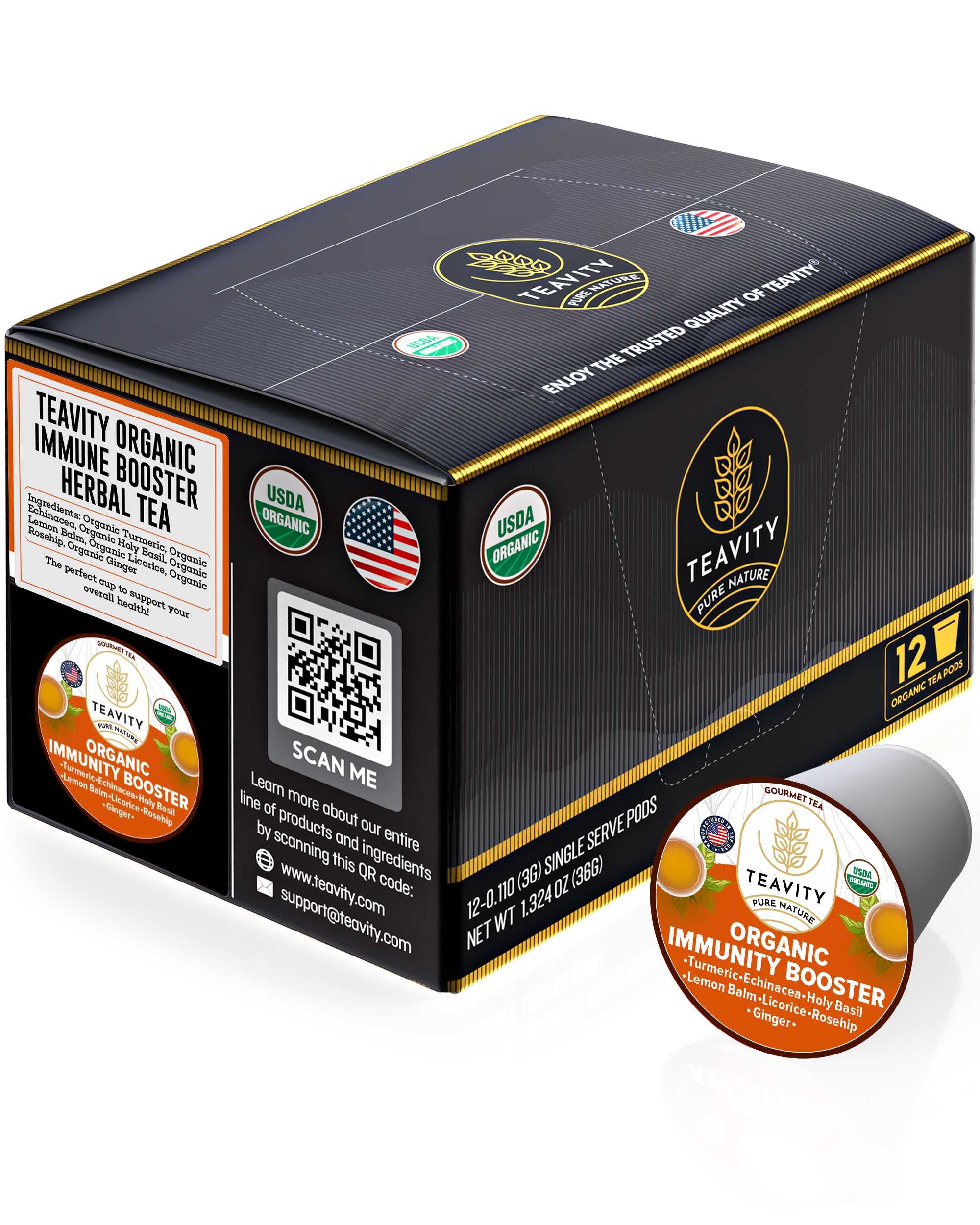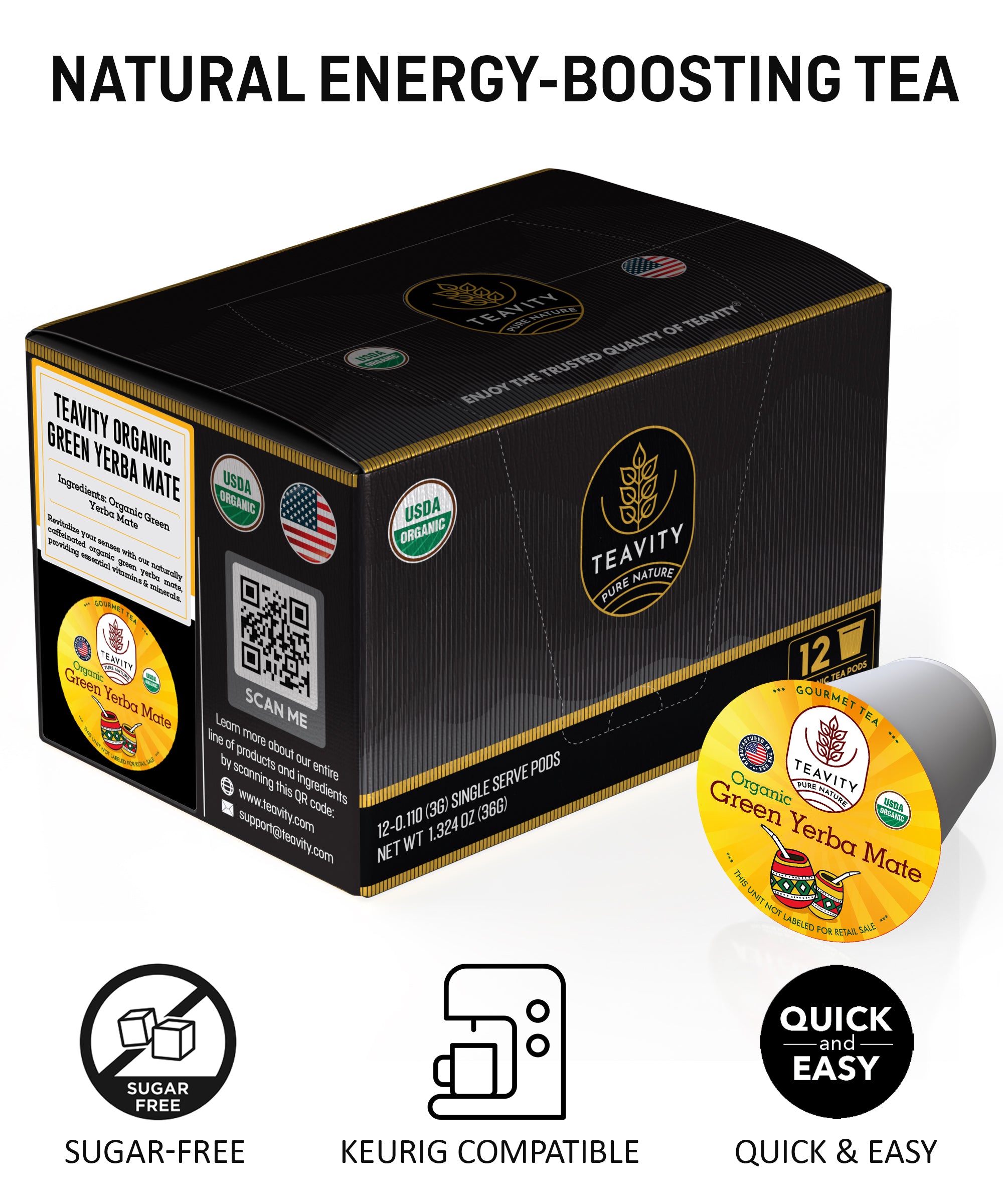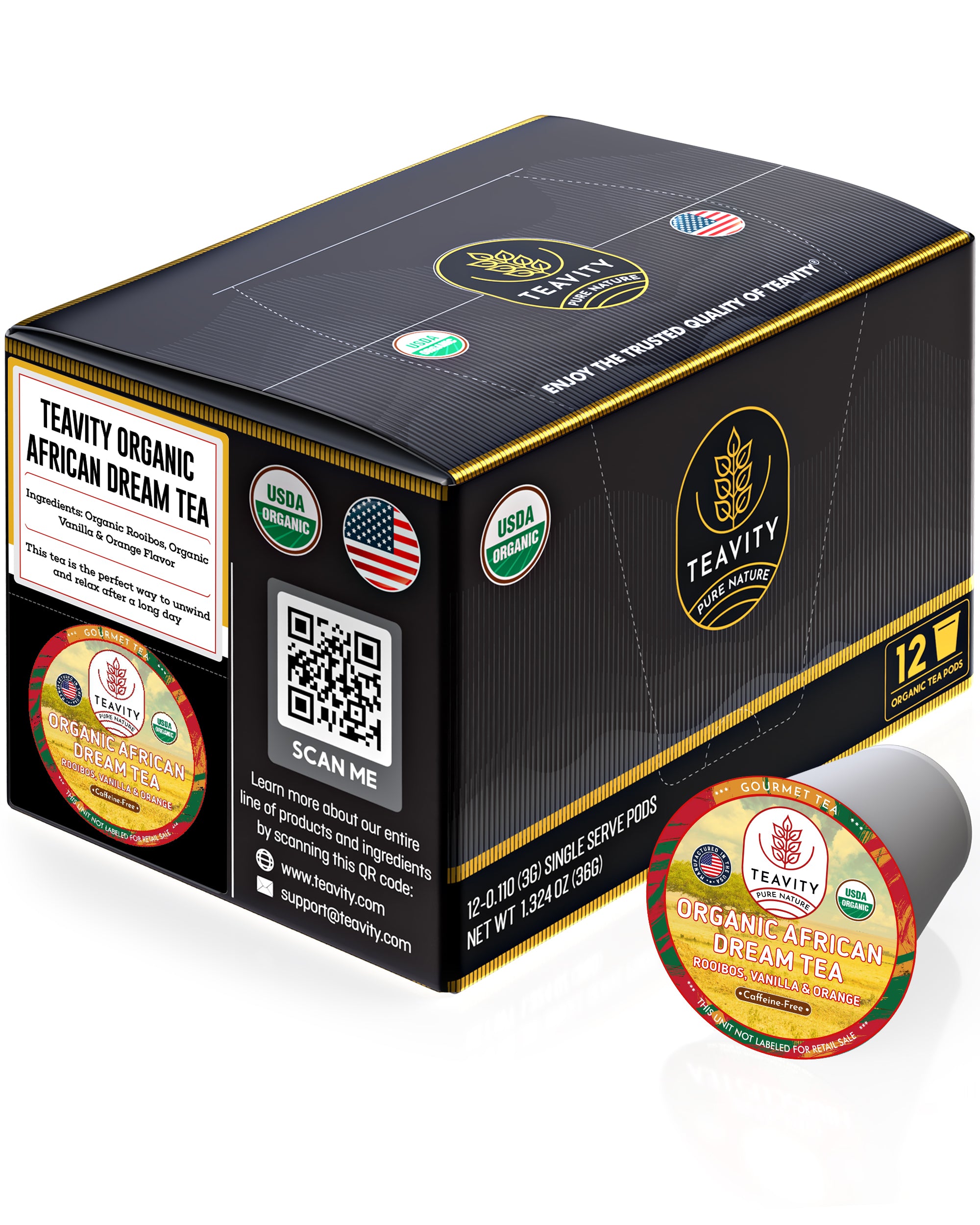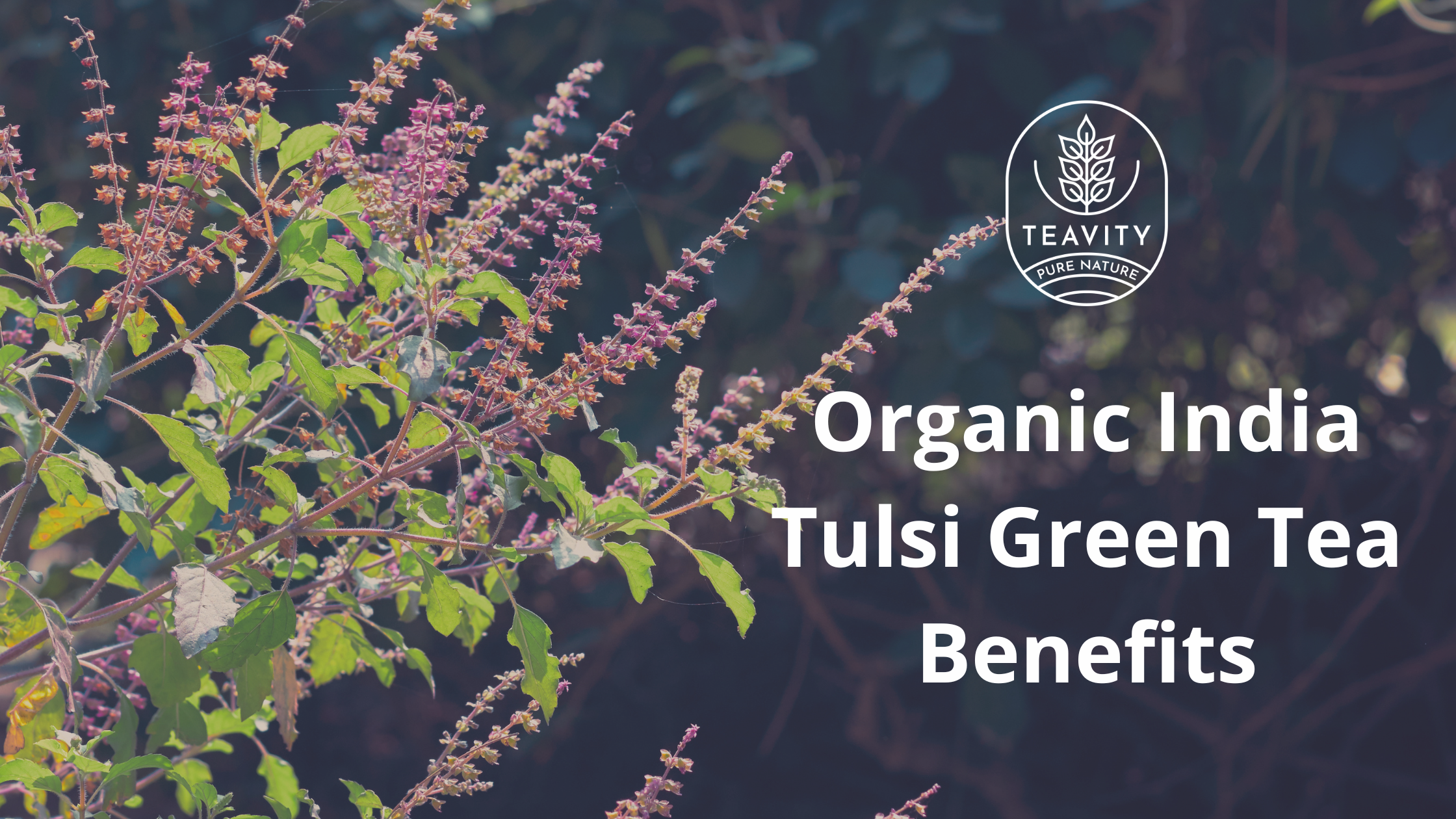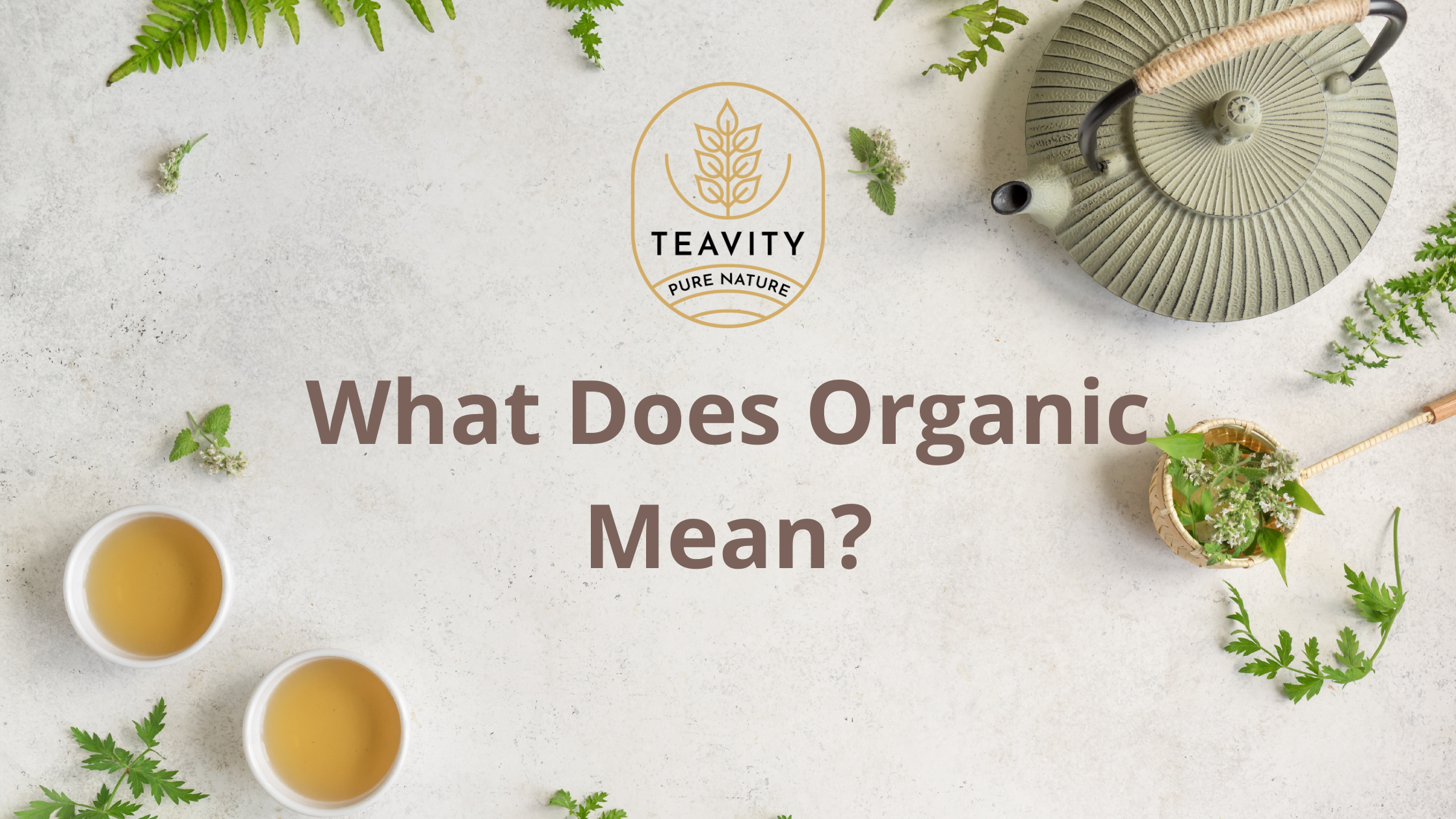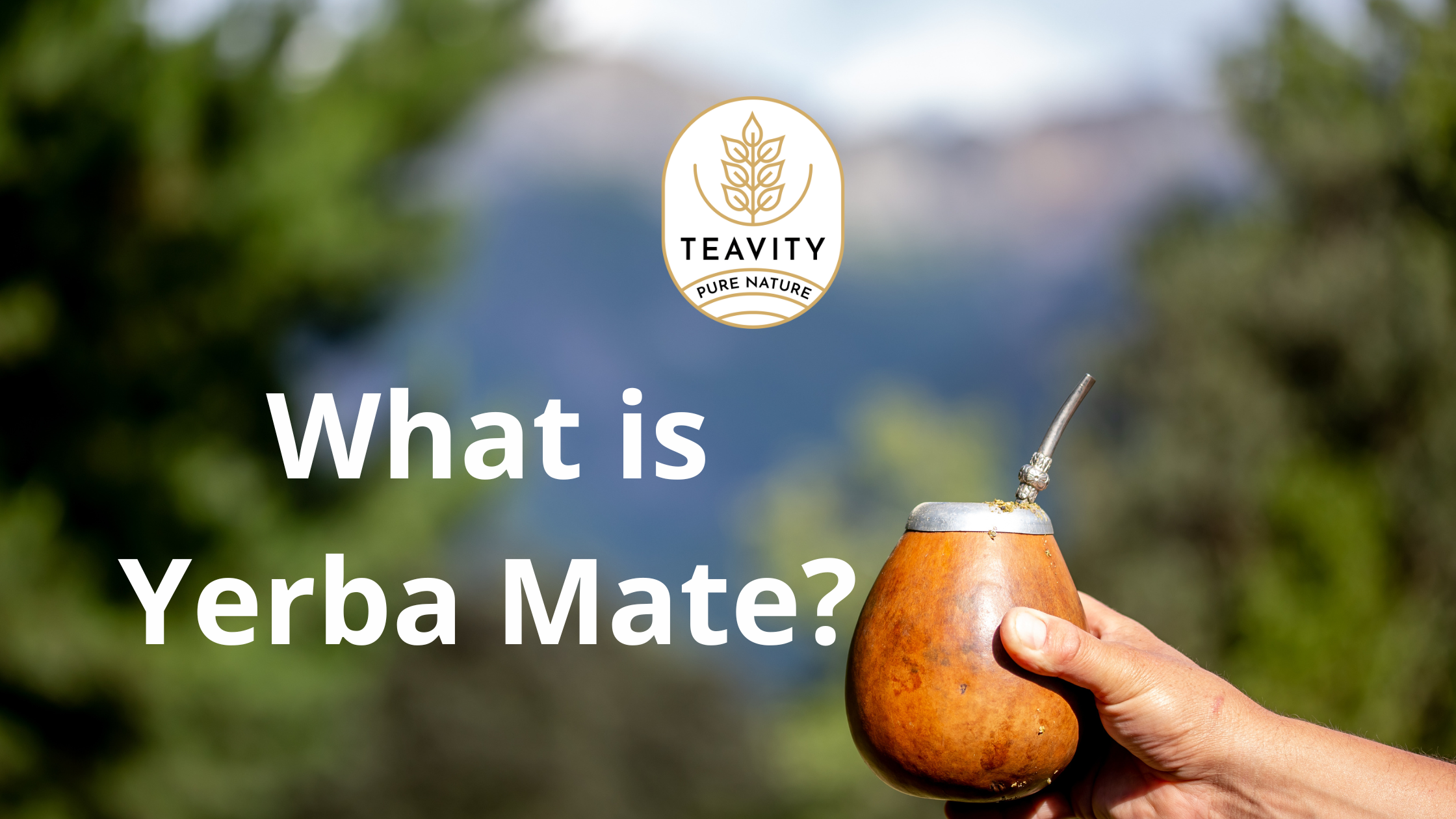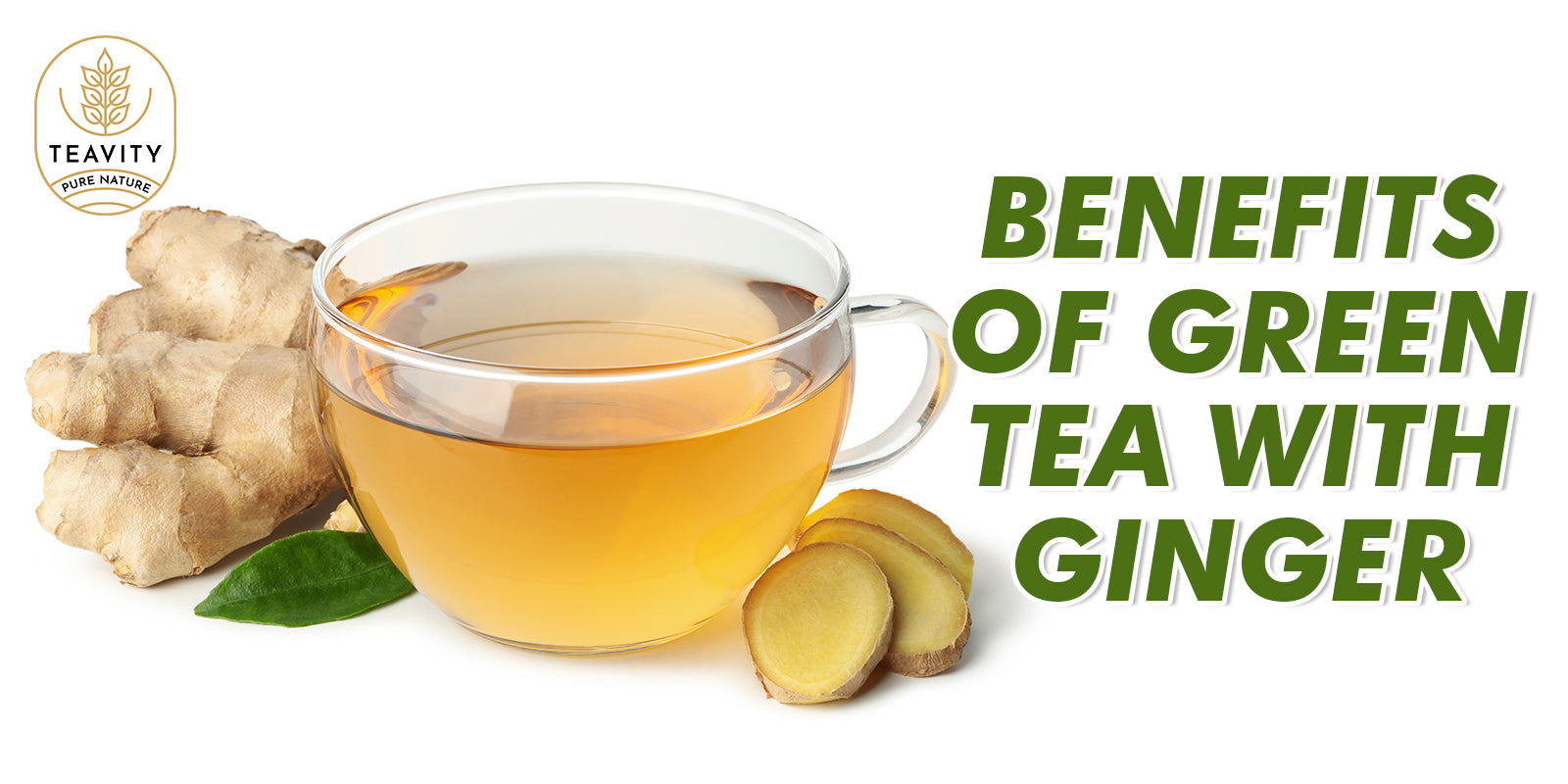
Does Green Tea Have Caffeine?
Introduction:
Green tea is a beloved beverage consumed by millions around the world for its unique flavor and potential health benefits. One common question among tea enthusiasts is whether green tea contains caffeine. In this article, we will explore the caffeine content in green tea, its effects on the body, and provide insights into decaffeinated alternatives.
Understanding Caffeine:
Caffeine is a natural stimulant that can enhance alertness and provide a temporary energy boost. It is commonly found in coffee, tea, and various other beverages. However, the caffeine content can vary significantly between different types of tea.
Caffeine Content in Green Tea:
While green tea does contain caffeine, its levels are generally lower compared to coffee and some black teas. On average, an 8-ounce (240 ml) cup of green tea contains around 30-50 milligrams of caffeine. This amount can vary depending on factors such as the type of green tea, brewing time, and water temperature.
Benefits and Effects of Green Tea:
Green tea is renowned for its potential health benefits, which extend beyond its caffeine content. It is rich in antioxidants, such as catechins, which have been linked to numerous positive effects on the body. These benefits include improved brain function, enhanced metabolism, reduced risk of heart disease, and potential cancer-fighting properties.
Factors Affecting Caffeine Levels in Green Tea:
Several factors can influence the caffeine content in green tea. The brewing time and temperature play a significant role, as longer steeping times and higher temperatures tend to extract more caffeine. Using fresh tea leaves and opting for higher-quality teas can also impact the overall caffeine concentration.
Decaffeinated Green Tea Options:
For individuals who are sensitive to caffeine or prefer to minimize their intake, decaffeinated green tea is an excellent alternative. Decaffeination processes can reduce the caffeine content by up to 90%, allowing individuals to enjoy the taste and potential benefits of green tea without the stimulating effects of caffeine.
Conclusion:
Green tea does contain caffeine, albeit in smaller amounts compared to coffee. The caffeine content varies based on multiple factors, including the brewing process. Despite its caffeine content, green tea offers a plethora of health benefits due to its antioxidant properties. For those seeking to reduce caffeine intake, decaffeinated green tea options provide a satisfying alternative. So go ahead, brew yourself a cup of green tea and savor its unique flavor while enjoying its potential health benefits.
